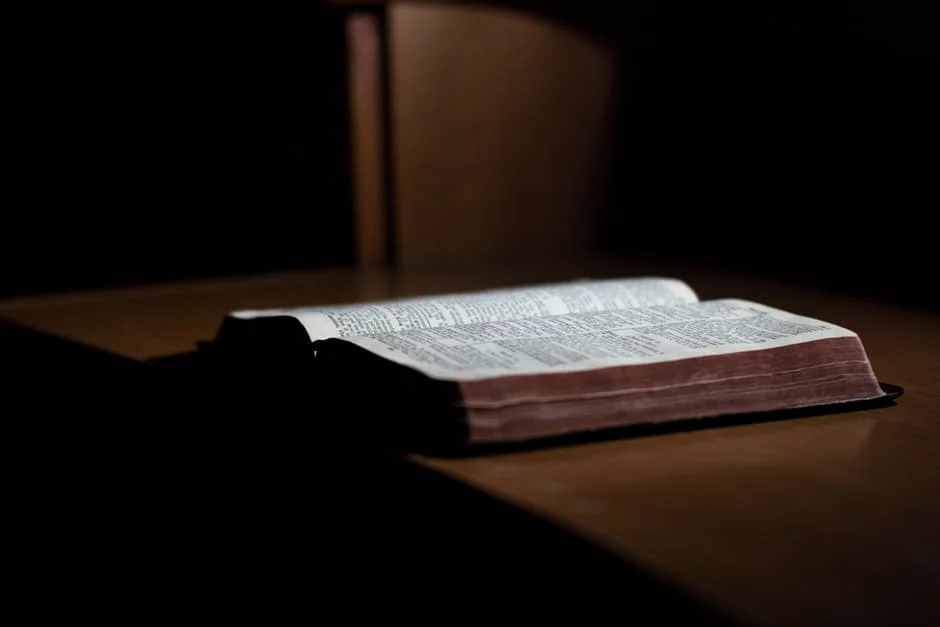Then God said, “Let us make man in our image, after our likeness. And let them have dominion over the fish of the sea and over the birds of the heavens and over the livestock and over all the earth and over every creeping thing that creeps on the earth.” (Genesis 1:26 ESV)
And God blessed them. And God said to them, “Be fruitful and multiply and fill the earth and subdue it. (Genesis 1:28 ESV)
The Lord God took the man and put him in the garden of Eden to work it and keep it. (Genesis 2:15 ESV)
Integrity
Jesus usually referred to Himself as the “Son of Man.”
Perhaps that seems surprising. It seems the lesser of the titles that Christ could claim.
Authority is a hard thing to wield well. It is common, unfortunately, for human leaders to wield authority without integrity. Selfish use of power and authority is not a display of integrity. Dishonest use of power and authority is not a display of integrity. Insincere use of power and authority is not a display of integrity. Breaking one’s word, overturning past commitments, and taking back what was clearly given are not displays of integrity.
Those who delegate authority, but do not really mean it, are not displaying integrity.
So note… that in Genesis God makes humankind stewards not merely of gardens and cattle… but over all of creation. Humans are God’s stewards. Humans are kings of creation.
And because God has integrity, mankind remains steward. Even though Adam sinned. Even though mankind has been a poor steward from the beginning.
God has left mankind in place.
If the Messiah was to be King, Lord, and Master… the Messiah should be human. Or God would have to upset all of creation. He COULD do that, of course. But God has integrity.
So when God brought the Messiah to earth, He had two choices. Remove mankind from our stewardly throne, taking back His gift of stewardship… or make the Messiah in such a way that the Messiah would be fully human.
And God chose to have integrity, and keep order in the universe.
In fact, the only way for the Messiah to be King was for the Messiah to be Human.
The Incarnation was necessary to bring that about.
Fully God, and fully human.

